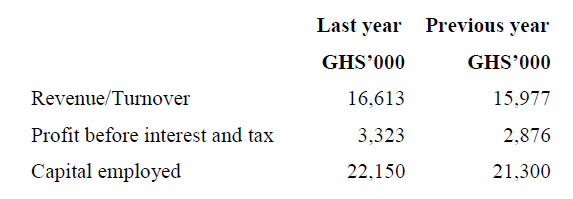Nov 2016 Q2 b.
The Boston Consulting Group (BCG) Growth Share Matrix is a model which plots Strategic Business Units’ (SBUs) market growth and relative market share.
Many public sector organisations are now experiencing increasing levels of competition for the supply of their services. This competitive environment has resulted in the need for such public sector organisations to develop analytical techniques which previously operated mainly within the private sector.
Required:
Explain how a corporate parent can use envisioning and intervention as strategies for value creation for its Strategic Business Units. (8 marks)
View Solution
Roles of a corporate parent
A corporate parent plays three value creating roles in managing its business units.
- Envisioning corporate intent
This is the process of creating a clear vision of corporate intent (what the organization wants to do). Creating a clear vision will help to avoid wasteful activities, provide a clear understanding of the organisation’s activities to external stakeholders and potential investors and help managers to know what is expected of them. - Intervening to improve performance or developing business strategy
In this role, the corporate parent has the responsibility to monitor and control the performance of its business units against respective plans, targets and intentions. It also has to develop the business units’ capabilities, provide training and coaching services as and when necessary and promote collaboration among the units in order to achieve synergy.
In order to play these roles effectively, the corporate parent may adopt any of the following approaches: - Portfolio management where they will create value by applying financial discipline. That is keeping their own costs low.
- Synergy management by focusing or paying attention to economies of scope through the sharing of competences and resources by the business units.
- Parental development by developing their own competences to improve their SBUs’ performance.

